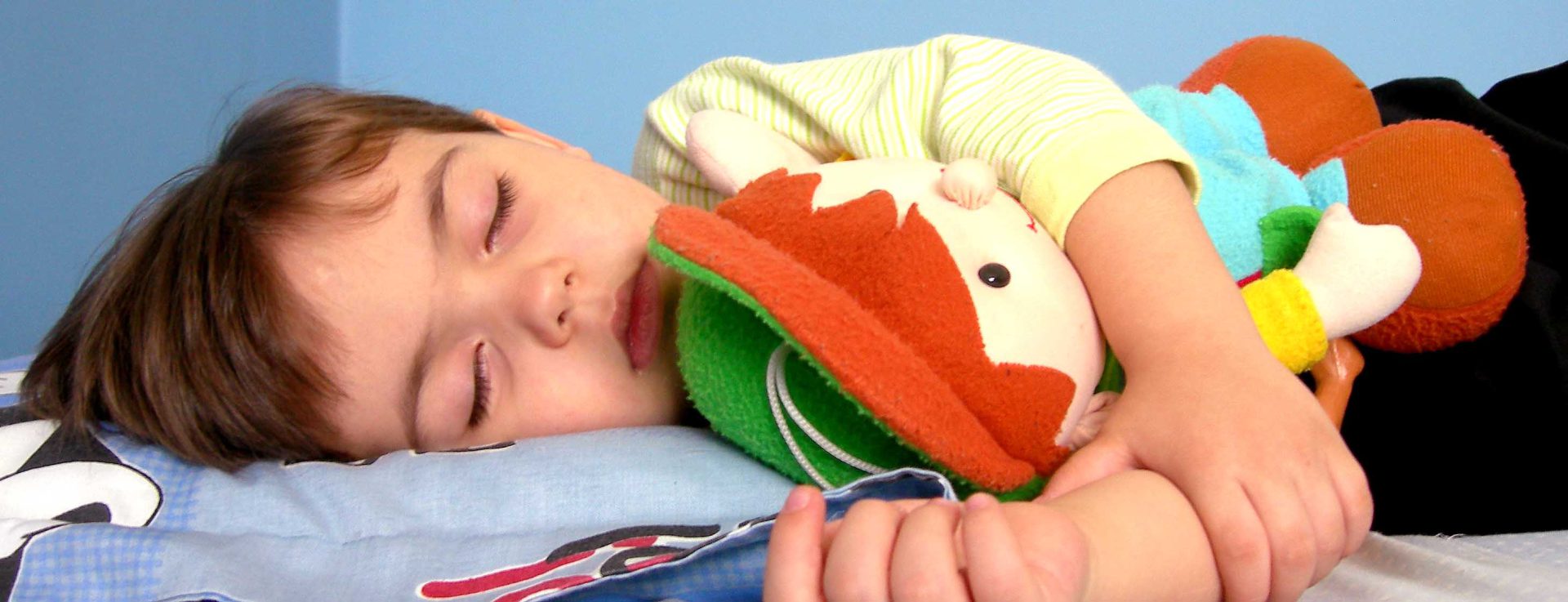How are rare diseases defined in the first place and what is the epidemiological situation in Switzerland? In principle, a condition is considered rare or neglected if no more than one in 2000 people have it. Taken together, such diseases affect nearly half a million people in Switzerland alone. What is certain is that both the diagnostic and therapeutic situation for those affected must be improved.
(ag) If you take all the diseases that fall into the category of “rare disease” together, you get about 7000. Of these, only about 15% are being researched. In Switzerland, more than 400,000 and in the entire EU about 30 million people suffer from this disease. people at one of these entities, which puts the word “rare” into perspective. A particularly large number of those affected are still in childhood. This is not surprising, since a large number of rare diseases, which can include a failure of metabolic or organ functions as well as impaired defense and delayed growth, are caused by a defect in the genetic material. The average of affected children dies before the age of ten.
The diagnosis is difficult
Naturally, only a few physicians specialize in a particular rare disease at a time, resulting in delayed diagnosis. Even improved technical possibilities in the field of blood and genetic testing, e.g. for rare metabolic diseases, cannot compensate for this circumstance. Therefore, patients, physicians, researchers and other experts must be networked internationally to ensure communication in favor of faster diagnosis and thus more effective therapy. Especially for inclusion in studies, there are often too few participants in a single country. It therefore makes little sense for Switzerland to act alone in this area and, as has been the case to date, to network only to a limited extent internationally. It is more than understandable and quite beneficial if the population informs itself about rare diseases, because this also lowers the hurdle for a conversation with the doctor and makes the correct diagnosis more likely. The earlier such a condition is detected (and communication is fundamental to this), the higher the treatment benefit in terms of quality of life and expectancy. National competence centers could also help to improve the situation (not least in the area of health insurance reimbursement decisions as reported in HAUSARZT PRAXIS 5/2014). Examples from abroad show how this can be done in an exemplary manner.
Cure impossible
Although a cure is still not possible for the vast majority of rare diseases (in the case of rare diseases of the nervous system, sometimes not even progression can be prevented), early therapy starts are crucial. The first Swiss foundation for rare diseases, Foundation Orphanbiotec, is one of these players active in the field of rare diseases and drug development. It is the initiator of a hybrid model. While the independent, nonprofit foundation educates about rare diseases, gives patients a voice, networks and raises money from the public, the associated social enterprise conducts research to develop new orphan drugs. This is intended to jointly finance drugs and reduce start-up risks for impact investors (the focus is on substances of natural origin). Part of the company’s profit, if any, flows back into the foundation to initiate new projects.
Support also needed from the authorities
However, in order to be able to develop and produce new and affordable drugs for those affected, support is also needed from the authorities. Italy, for example, requires all pharmaceutical companies to give five percent of their marketing expenditures to drug research in this area. This example could also be used in Switzerland for sustainable research success and to support those affected. This is where the traditional pharmaceutical industry can make a direct contribution to society.
HAUSARZT PRAXIS 2014; 9(6): 46-47












